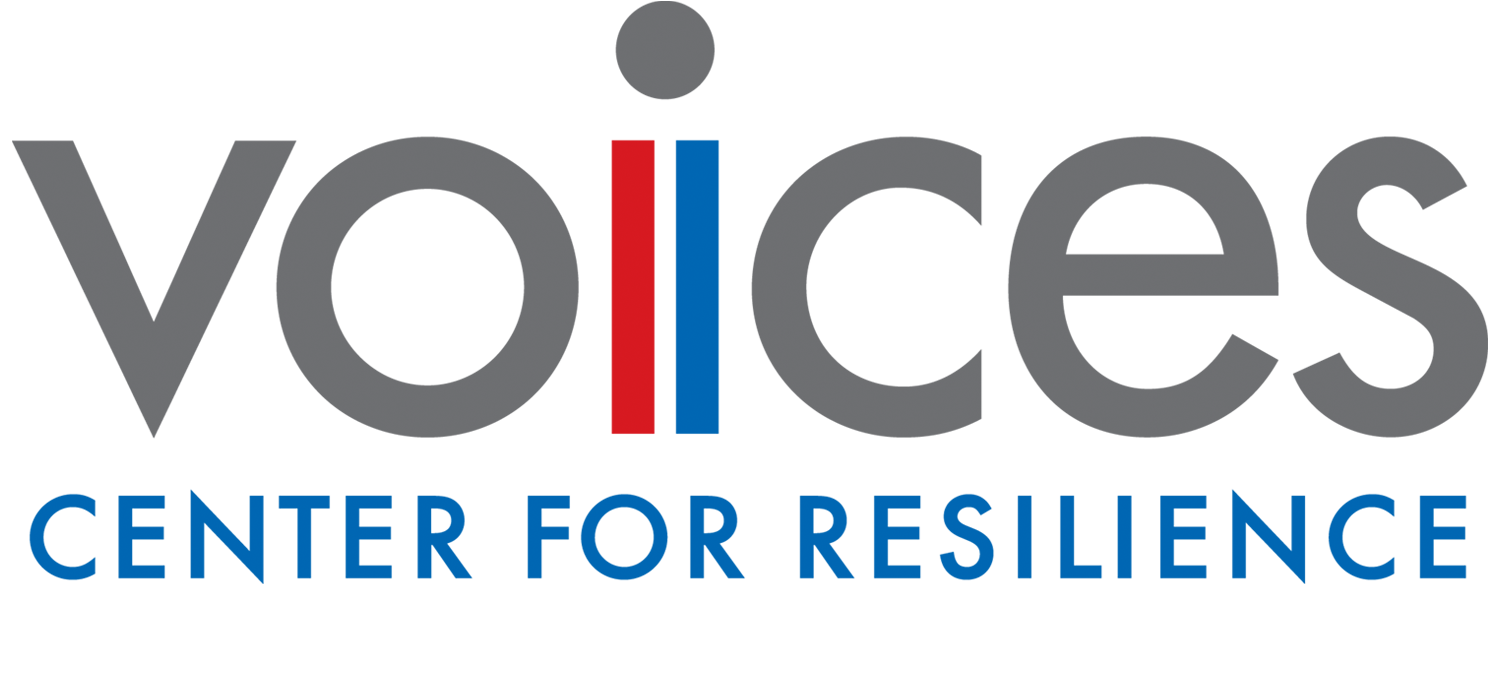Facebook Live on Monday, March 6
Dr. Priyanka Upadhyaya of the World Trade Center Survivor Clinic at Bellevue and VOICES Founding Director Mary Fetchet LCSW will discuss the symptoms and treatment available through the WTC Health Program for those who lived, worked, or went to school in Lower Manhattan on or after 9/11.
Our lives are stressful with various daily demands of living. But sometimes there are moments that can test us, challenge our internal coping resources, and dramatically alter our understanding of the world and our sense of safety. We all have experiences in life that can overwhelm or traumatize us. Read more.
You know something is wrong with the way you feel, the way your body reacts, and perhaps with the scattering of your thoughts. And you may feel alone and confused about what might be happening with you. The first step to tackling any issue is to know what you are dealing with. So you might not even know that you are more than just stressed or worried. Read more.
We all have bad days. We all can feel sad or irritable at times. Sadness, being frustrated, experiencing "the blues," and feeling down are part of our lives. Unlike depression, they don't usually get in the way of us living our lives. Depression affects 1 in 6 people in the United States and is one of the most common conditions in the World Trade Center Health Program. Read more.
You can take many steps to take care of yourself when you have PTSD, anxiety and/or depression, or even a less serious case of the blues. The first step is to acknowledge that you are not your best, don't feel well and/or have problems that are proving to be overwhelming. The first step is to admit that you need help. Read more.





